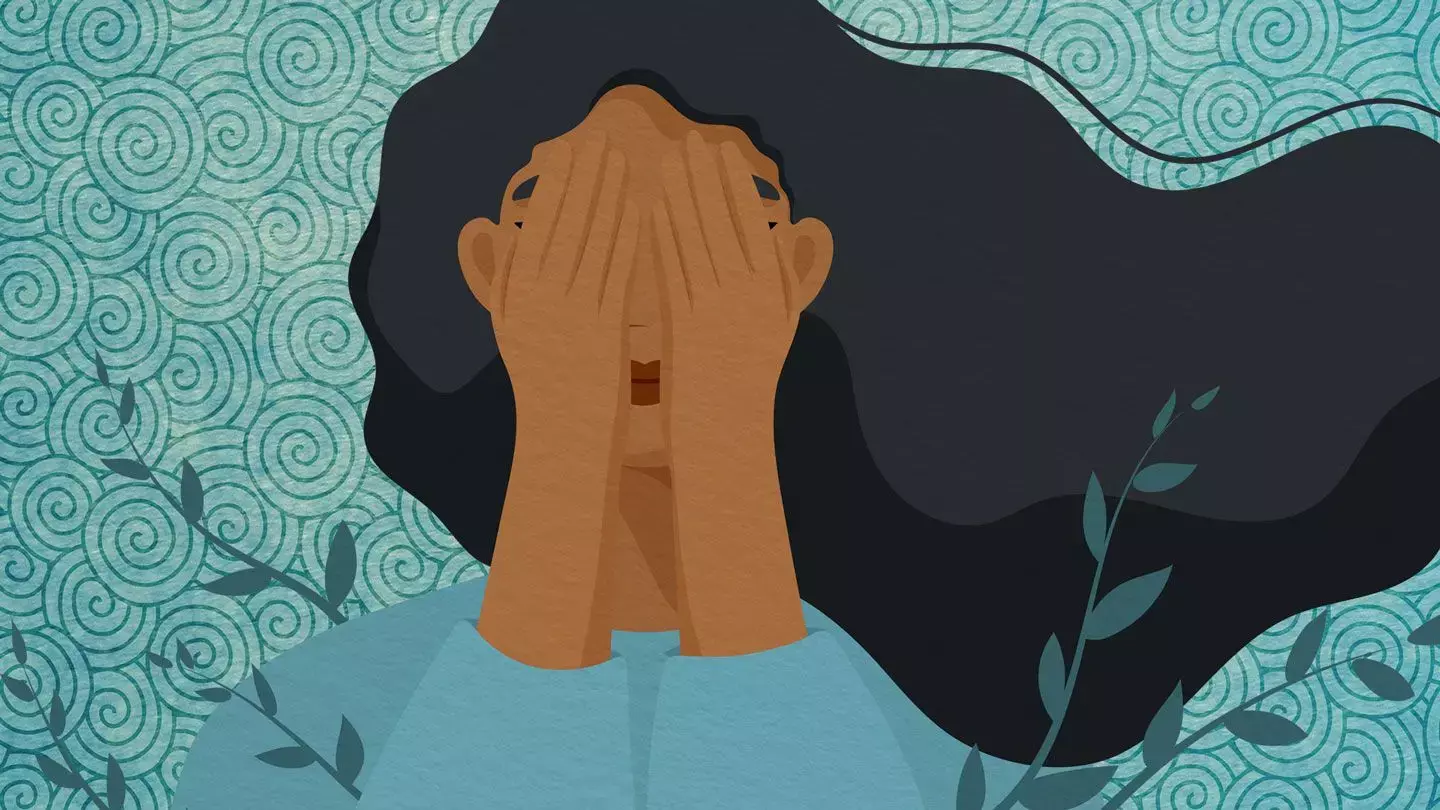- Home
- Medical news & Guidelines
- Anesthesiology
- Cardiology and CTVS
- Critical Care
- Dentistry
- Dermatology
- Diabetes and Endocrinology
- ENT
- Gastroenterology
- Medicine
- Nephrology
- Neurology
- Obstretics-Gynaecology
- Oncology
- Ophthalmology
- Orthopaedics
- Pediatrics-Neonatology
- Psychiatry
- Pulmonology
- Radiology
- Surgery
- Urology
- Laboratory Medicine
- Diet
- Nursing
- Paramedical
- Physiotherapy
- Health news
- Fact Check
- Bone Health Fact Check
- Brain Health Fact Check
- Cancer Related Fact Check
- Child Care Fact Check
- Dental and oral health fact check
- Diabetes and metabolic health fact check
- Diet and Nutrition Fact Check
- Eye and ENT Care Fact Check
- Fitness fact check
- Gut health fact check
- Heart health fact check
- Kidney health fact check
- Medical education fact check
- Men's health fact check
- Respiratory fact check
- Skin and hair care fact check
- Vaccine and Immunization fact check
- Women's health fact check
- AYUSH
- State News
- Andaman and Nicobar Islands
- Andhra Pradesh
- Arunachal Pradesh
- Assam
- Bihar
- Chandigarh
- Chattisgarh
- Dadra and Nagar Haveli
- Daman and Diu
- Delhi
- Goa
- Gujarat
- Haryana
- Himachal Pradesh
- Jammu & Kashmir
- Jharkhand
- Karnataka
- Kerala
- Ladakh
- Lakshadweep
- Madhya Pradesh
- Maharashtra
- Manipur
- Meghalaya
- Mizoram
- Nagaland
- Odisha
- Puducherry
- Punjab
- Rajasthan
- Sikkim
- Tamil Nadu
- Telangana
- Tripura
- Uttar Pradesh
- Uttrakhand
- West Bengal
- Medical Education
- Industry
Declining oral health may predict mental health issue including depression: Study

Declining oral health may predict mental health issues including depression suggests a study published in the JDR Clinical & Translational Research
Individuals with mental illness have poor oral health compared to those without mental health conditions. However, the literature is still lacking regarding the specifics of this relationship. This study aims to examine the relationship between depression and oral health problems such as oral conditions, access to dental care, and oral hygiene measures. A cross-sectional study using a secondary data analysis of 9,693 participants from the 2017 to March 2020 prepandemic National Health and Nutrition Examination Survey (NHANES). The independent variable was severity of depressive symptoms as measured by the Patient Health Questionnaire–9 (PHQ-9). Proportional odds and binary logistic regression were used to calculate crude and adjusted odds ratios (AORs) between depression and 8 oral health outcomes and oral hygiene–related behaviors.
Results: After adjusting for sociodemographics, health conditions, and behaviors, individuals with depression were significantly more likely to have dental aches in the past year (AOR = 1.70; 95% confidence interval [CI], 1.13–2.56), difficulty getting dental care when needed (AOR = 1.93; 95% CI, 1.45–2.58), and difficulty at their jobs due to a problem in their mouth (AOR = 1.63; 95% CI, 1.07–2.49) compared to individuals without depression. Individuals with depressive symptoms often neglect oral hygiene and self-care practices and are less likely to seek medical care for oral health problems, making them at increased risk of poor oral health outcomes. These findings can be applied by dentists, psychologists, and therapists to increase awareness of links between depression and oral health and to encourage patients with depression to seek oral hygiene preventative care.
Reference:
Bafageeh F, Loux T. Depression Symptoms Linked to Multiple Oral Health Outcomes in US Adults. JDR Clinical & Translational Research. 2024;0(0). doi:10.1177/23800844241246225
Dr. Shravani Dali has completed her BDS from Pravara institute of medical sciences, loni. Following which she extensively worked in the healthcare sector for 2+ years. She has been actively involved in writing blogs in field of health and wellness. Currently she is pursuing her Masters of public health-health administration from Tata institute of social sciences. She can be contacted at editorial@medicaldialogues.in.
Dr Kamal Kant Kohli-MBBS, DTCD- a chest specialist with more than 30 years of practice and a flair for writing clinical articles, Dr Kamal Kant Kohli joined Medical Dialogues as a Chief Editor of Medical News. Besides writing articles, as an editor, he proofreads and verifies all the medical content published on Medical Dialogues including those coming from journals, studies,medical conferences,guidelines etc. Email: drkohli@medicaldialogues.in. Contact no. 011-43720751


